New Collaboration to Improve Outcomes for Kids with Osteosarcoma
The Morgan Adams Foundation is proud to partner with the Osteosarcoma Institute (OSI) to fund a correlative study alongside a new Phase 2 clinical trial
The Morgan Adams Foundation is proud to partner with the Osteosarcoma Institute (OSI) to fund a correlative study alongside a new Phase 2 clinical trial
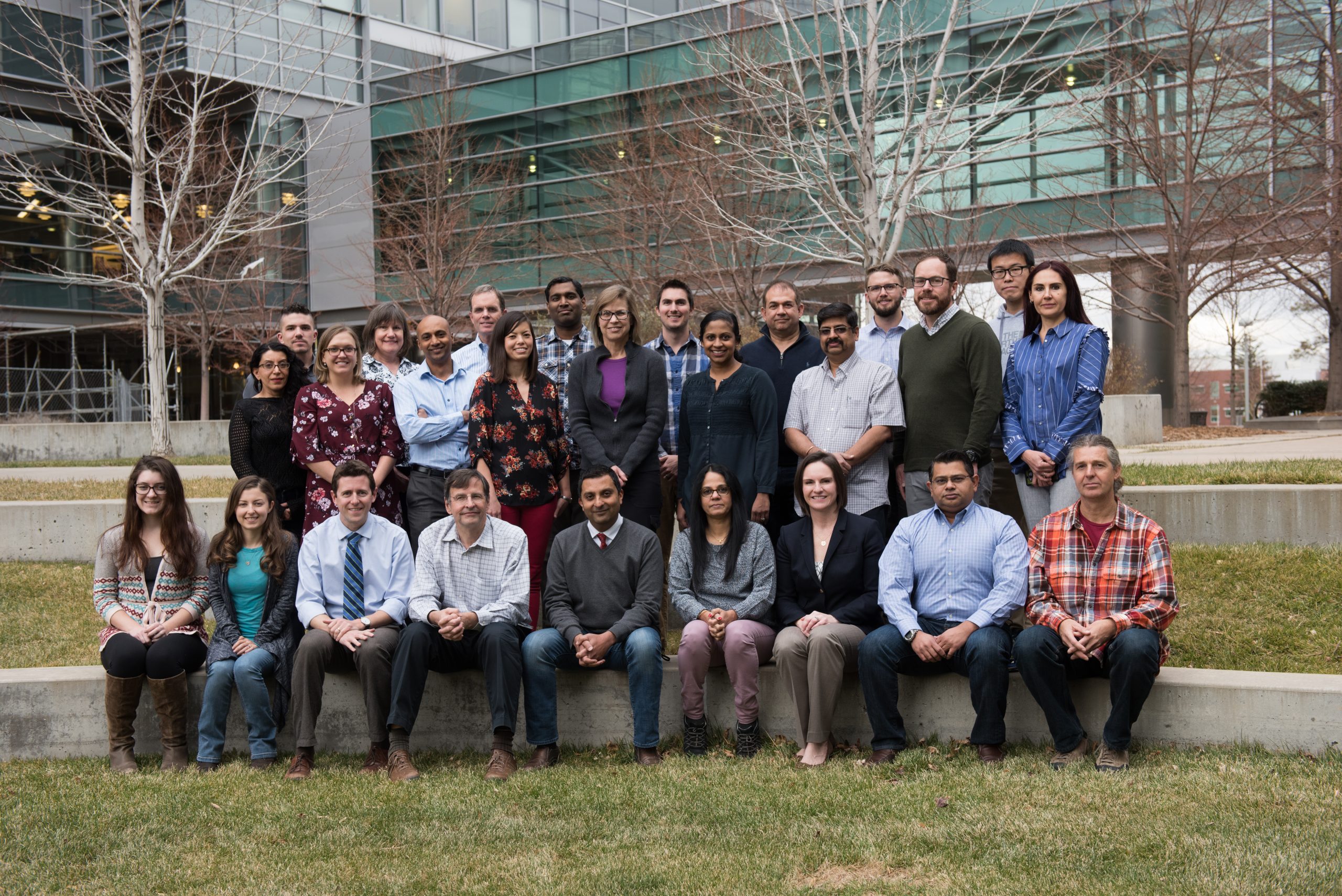
The 21st International Symposium on Pediatric Neuro-Oncology was held June 28-July 2, 2024 in Philadelphia, Pennsylvania. ISPNO is the major global meeting for the international
Brain and spine tumors are one of the most common forms of cancer found in kids, second only to leukemia. Despite significant advances in treatment,
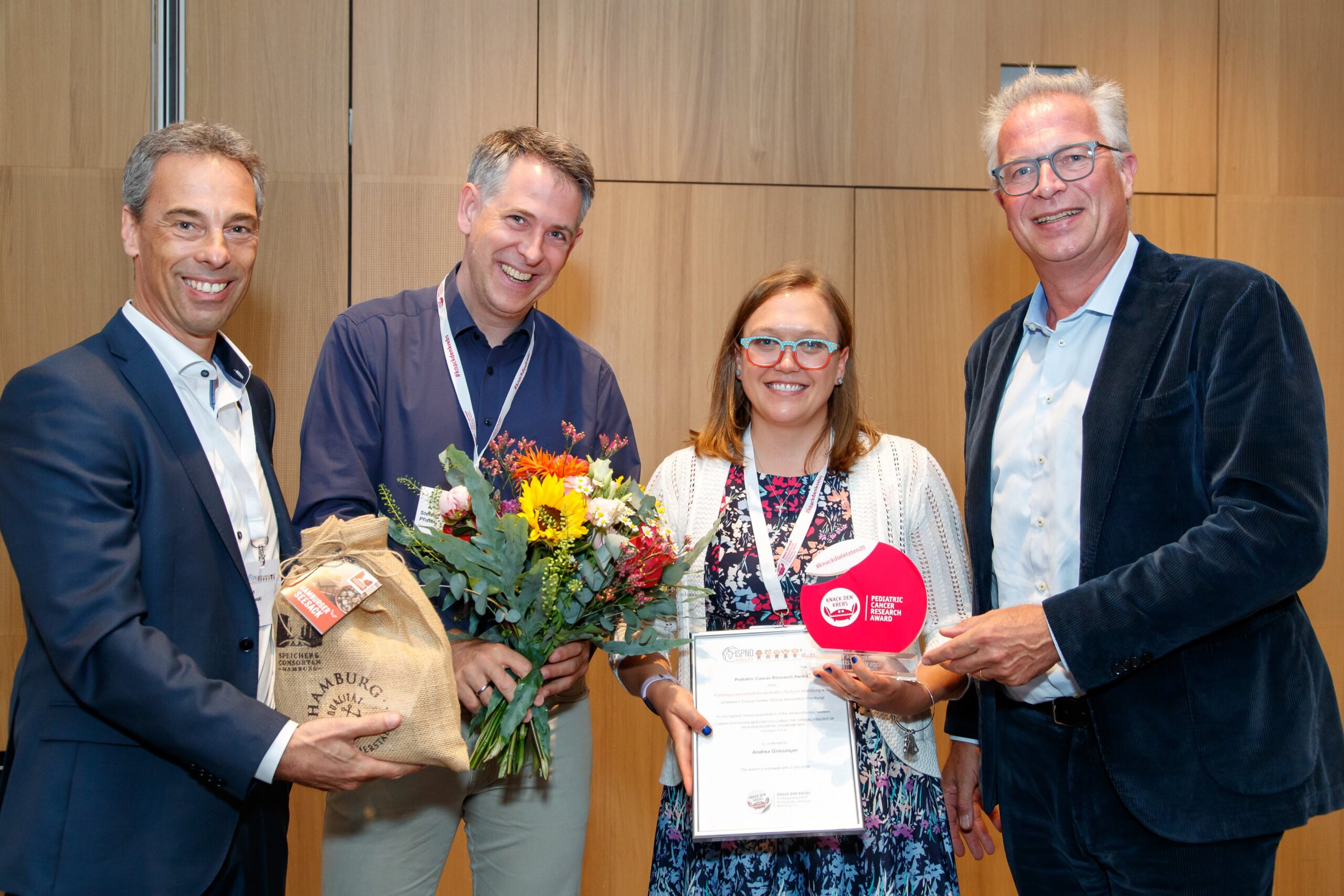
More than a dozen doctors and researchers from the Morgan Adams Foundation Pediatric Brain Tumor Research Program were invited to present their work at the

The 20th International Symposium on Pediatric Neuro-Oncology was held June 13-15, 2022 in Hamburg, Germany. ISPNO is the major global meeting for the international community
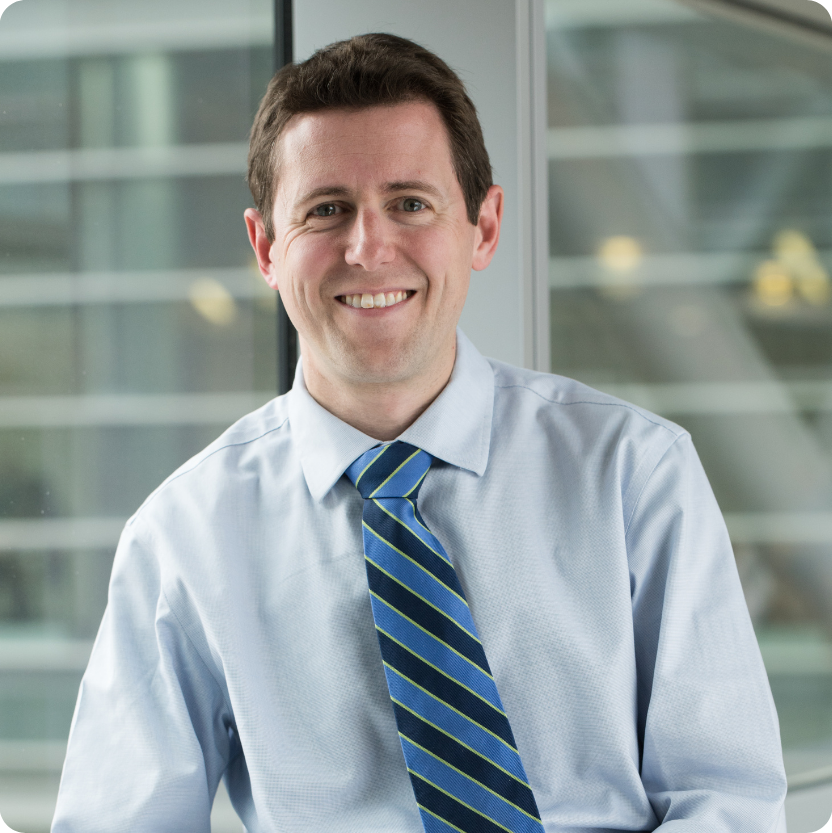
The Give Kids a Chance Act is a bill that aims to encourage clinical trials that use combinations of drugs for kids with cancer. To
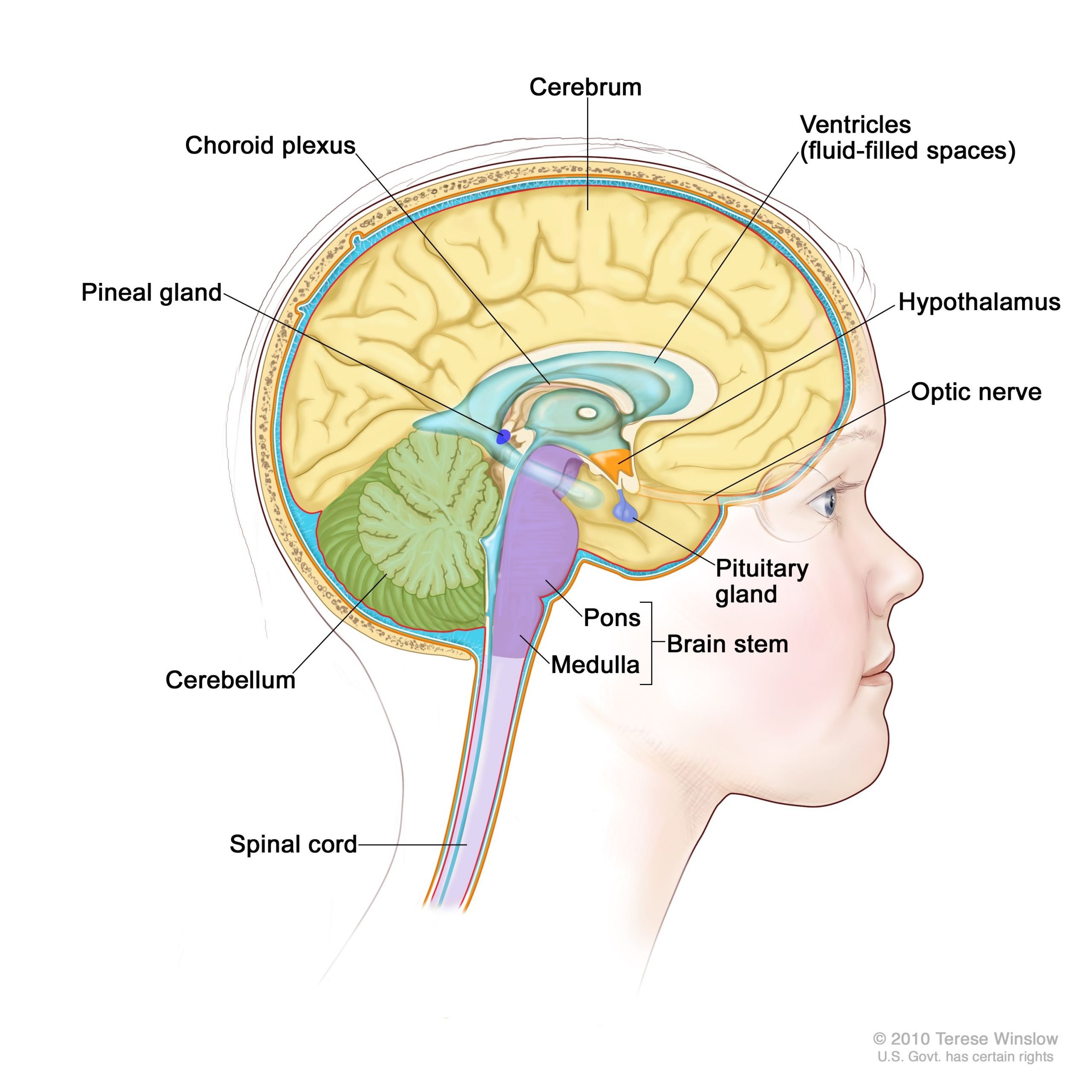
Craniopharyngioma is a type of pediatric brain tumor that typically affects kids under the age of 14 (although it also affects adults between 40-75 years).
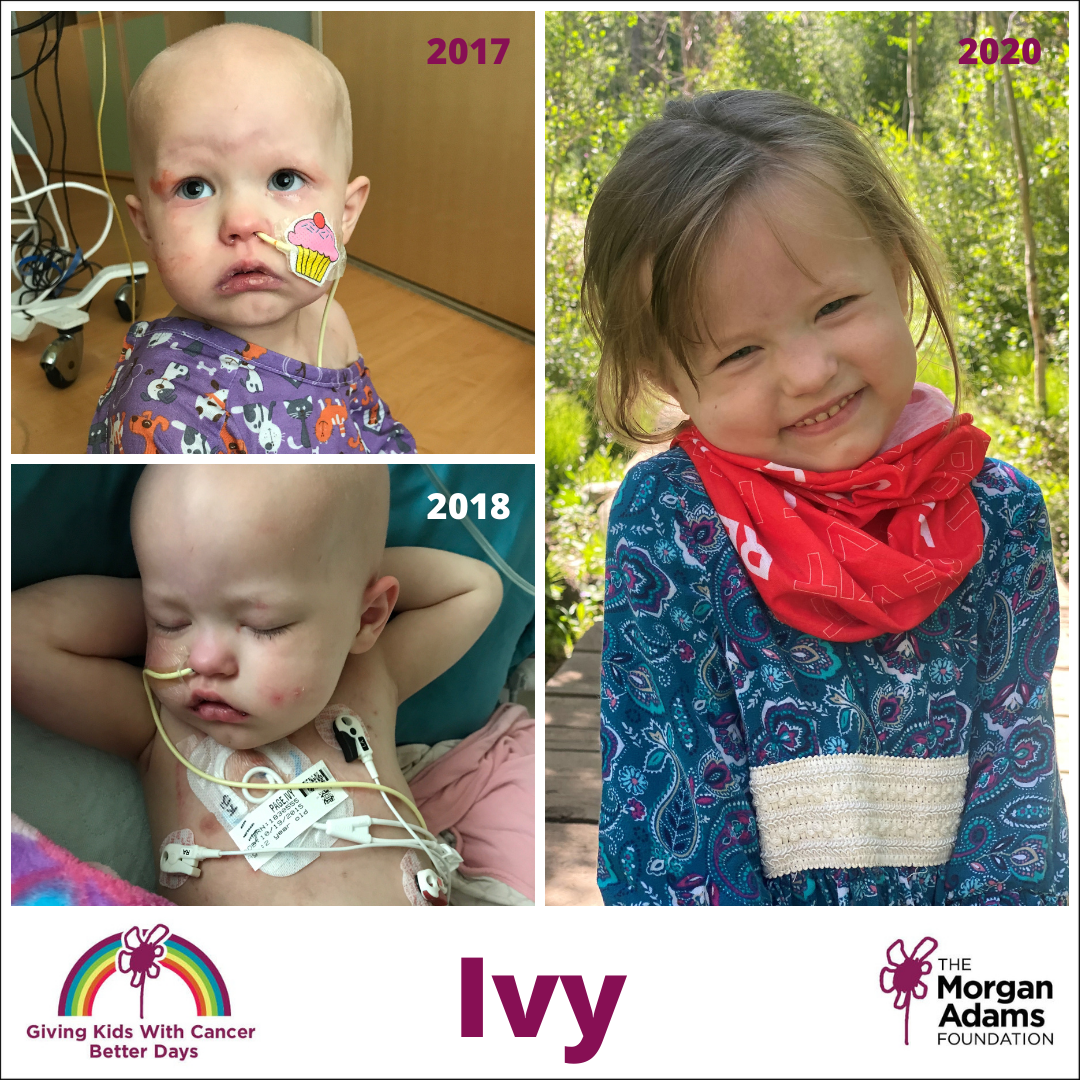
No one — NO ONE — ever thinks cancer could be the culprit behind the backaches of their one-year-old daughter. The possible explanations are far-ranging,
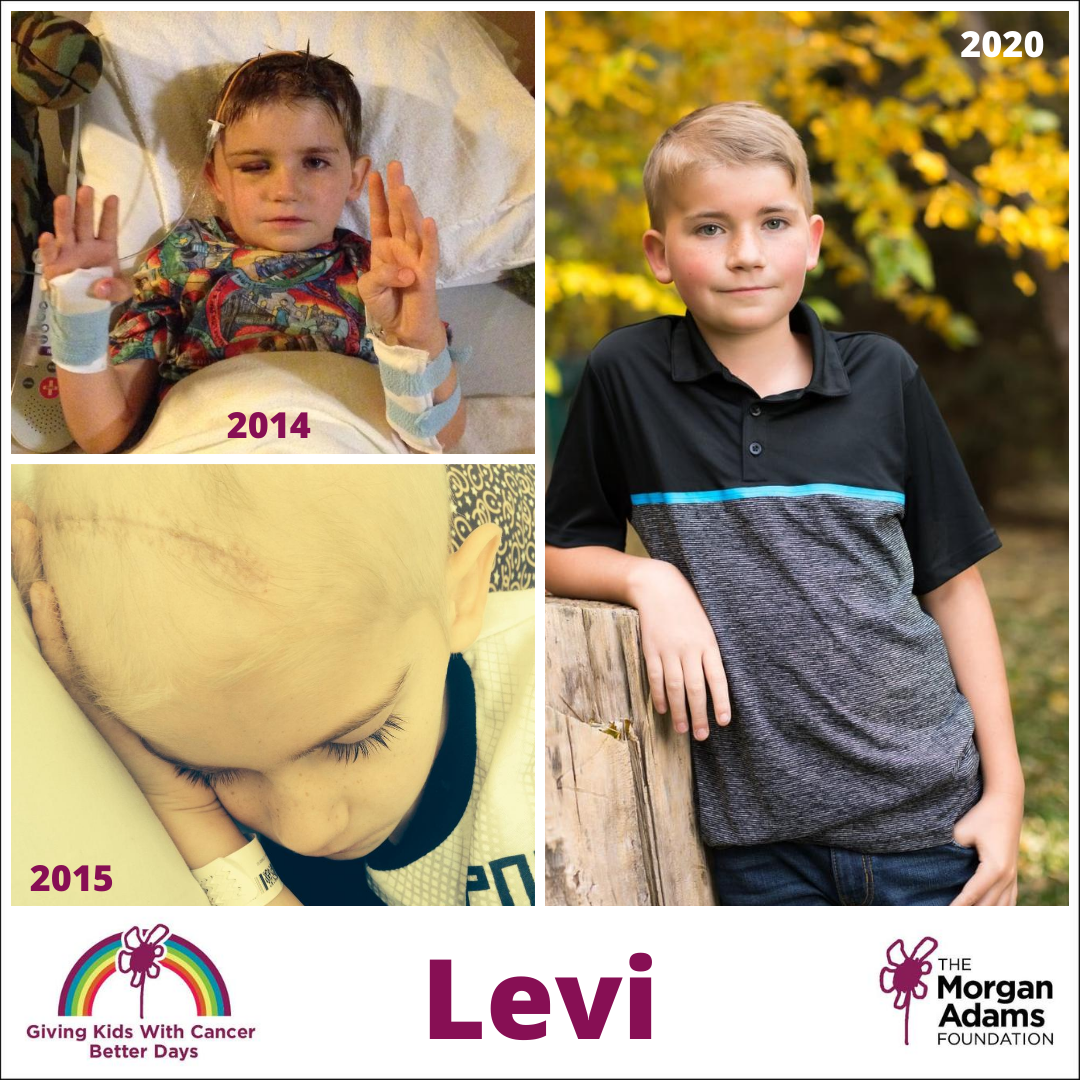
Levi was two months into Kindergarten when he started throwing up 1 to 2 times a week. His pediatrician said Levi had the flu, but
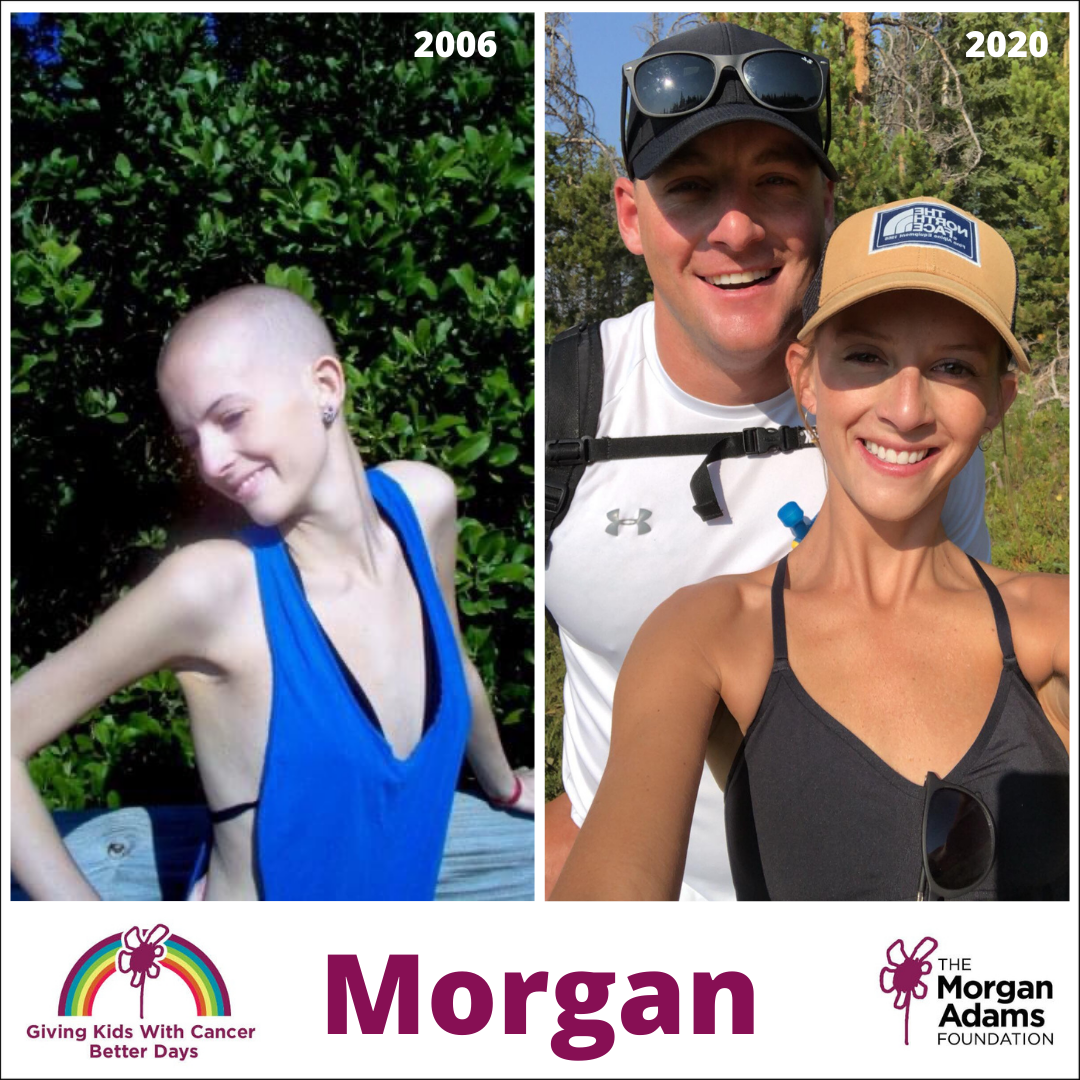
Morgan had a 5% chance of survival after being diagnosed with cancer when she was a junior in high school. An experimental treatment saved her